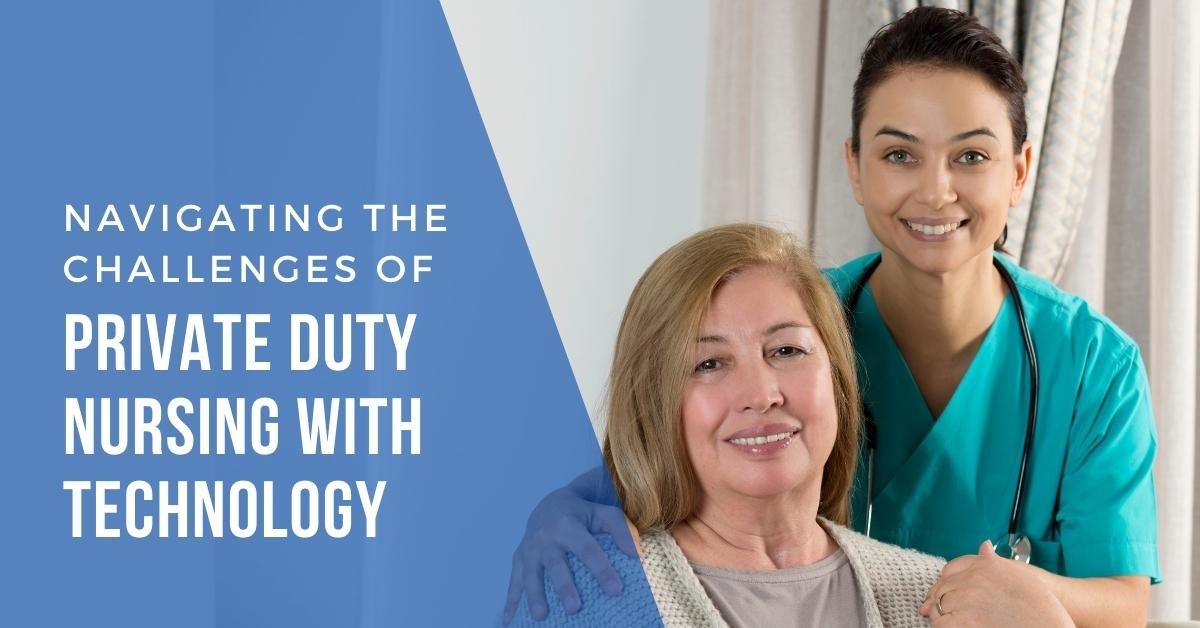With falling reimbursement rates, the rollout of PDGM, and increased compliance, Home Care Agencies are under pressure to do more with less. Improving the health of the revenue cycle is a complex process that needs both caregivers and financial administrator to work in synchrony to achieve optimal results. An integrated platform that covers all processes including intake, authorization management, scheduling, billing, and collections, and provides features to manage the revenue cycle requirements of these processes is a must for ensuring optimal reimbursements.
Building your Home Care Agency’s Brand – 6 things you can do
The best is yet to come for Home Care Agencies. With many studies now pointing to a revival and boom phase coming up for Home Care agencies, we bring your tips and techniques to manage your organization’s online presence. Unfortunately, most home care agencies invest little time and effort in building their online presence. It is not as expensive as you think. Here are six things you can do to improve your agency’s brand.
Overtime Pay for Home Care Workers
Even though FLSA overtime rules for home care workers have now been in vogue for a while, most private duty nursing and non-medical agencies have to strike a careful balance between the high quality and continuity of care they provide and minimizing the overtime cost.
With falling reimbursements from third-party payers, and trying to strike a balance between expectations and quality of service for private pay patients, most home care agencies are trying to adapt their business models to limit caregivers to 40 hours a week.
Home Health Care Trends for 2022
Rising demand for home healthcare services, changing business models, the shift of higher acuity care services to the home, changing role of home care software to improve agency operations, and the impact of labor shortage on home care are some of the trends that will define home healthcare industry in 2022
Growing your Home Care Agency in 2022
2020 and 2021 have been challenging years for home care agencies across the United States. The devastating impact of 2020’s COVID-19 lockdown meant that home care agencies faced a problem they had not experienced ever before. On one side, more patients prefer receiving care at home, on the other side, there are staffing challenges of finding the caregivers to help them cope up with the demand.
Selecting Pediatric Private Duty Nursing Software - What Home Care Agencies need to look for
Recognize that the needs of Private Duty Nursing for pediatric care are very specific. While this could be a profitable service line, the requirements such as round-the-clock nursing, ability to connect with children, more complex scheduling, and most importantly, the right nursing talent, make this a very challenging area.
Leverage Technology for Effective Management of eMAR, eTAR
Finding the right software for In-Home Outpatient Therapy
As most Home Health Care agencies already provide Therapy Services as part of the Medicare Part A program, providing Outpatient Therapy Services at home under Medicare Part B or commercial payers will be a natural extension of services. Home Health Care agencies do not require any additional licenses to provide outpatient therapy services and the rapid rise in demand for in-home outpatient services provides additional revenue opportunities for agencies.
A software platform designed to handle both home health care and outpatient services will provide a unique advantage to agencies.
Navigating the Challenges of Private Duty Nursing with Technology
Private Duty Home Care agencies can use the right technology and software platform to manage the challenges posed by unique and demanding requirements of providing skilled care at home. Using the right tools will enable home health care agencies to bring operational efficiencies to the organization and take advantage of these new opportunities.
PDGM Notice of Admission and Imperatives for Home Healthcare Agencies
Starting January 1, 2022, Medicare will require Home Health Agencies to submit a one-time Notice of Admission (NOA) instead of Request for anticipated Payment (RAP). Medicare has been phasing out RAP payments for the last two years. The NOA is a one-time submission that establishes the HH POC and covers 30-day payment periods until the patient is discharged.
Software platforms will have to be adjusted to accommodate the new PDGM billing process. The following are some of the requirements.
Benefits of High-Quality Clinical Documentation for Home Health Care Agencies
Home Health Care Agencies should implement Clinical Documentation Improvement (CDI) programs to understand that clinical documentation starts at referral and must be managed throughout patient care (Admit through Discharge). Home care agencies should identify characteristics for quality documentation and implement a CDI program.
Effective HR and Payroll Management Process for Home Care Agencies
Understanding Private Duty Home Care Services and the need for specialized software
Optimal management of resources is a priority for Home Care agencies providing clinical and non-clinical services. With strict federal regulations around verification of visits, clinical documentation, and billing for services, they must look for software that helps them schedule caregiver visits optimally, document visits, and bill on time.






